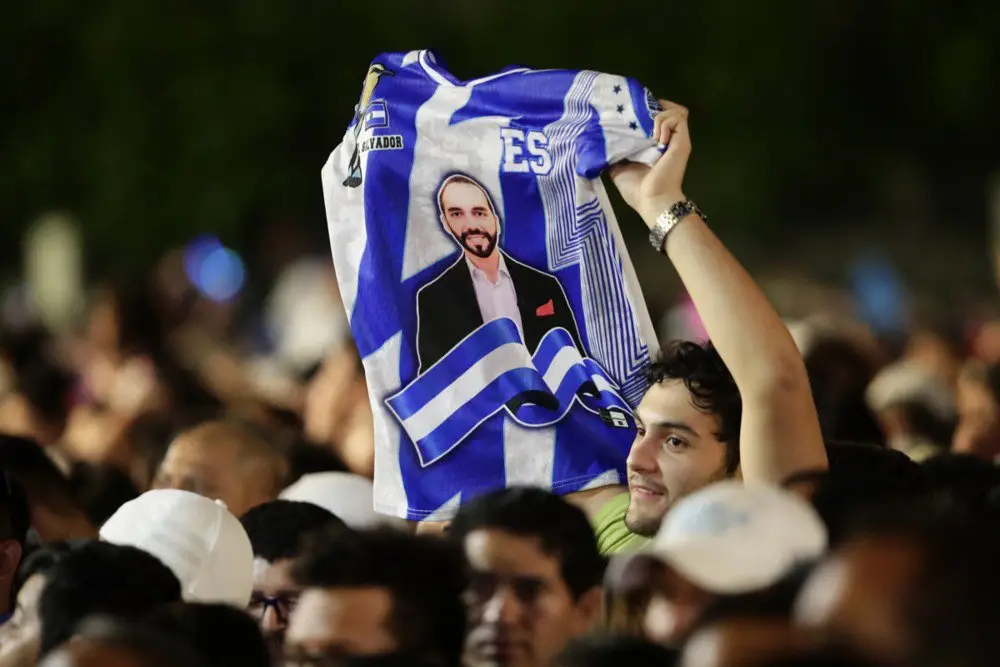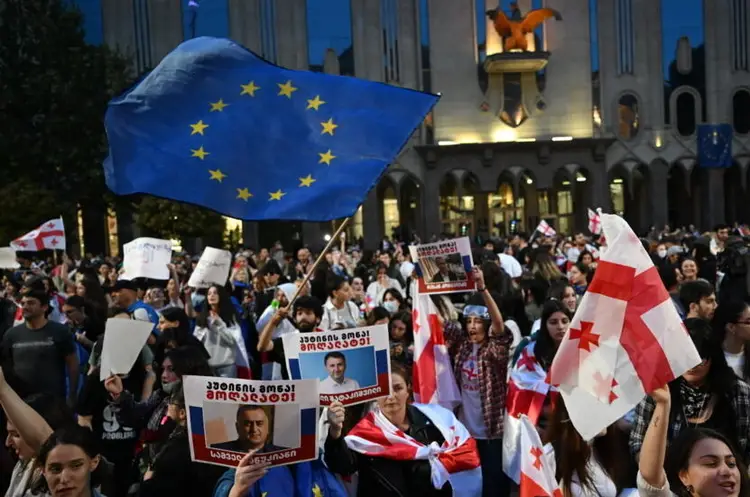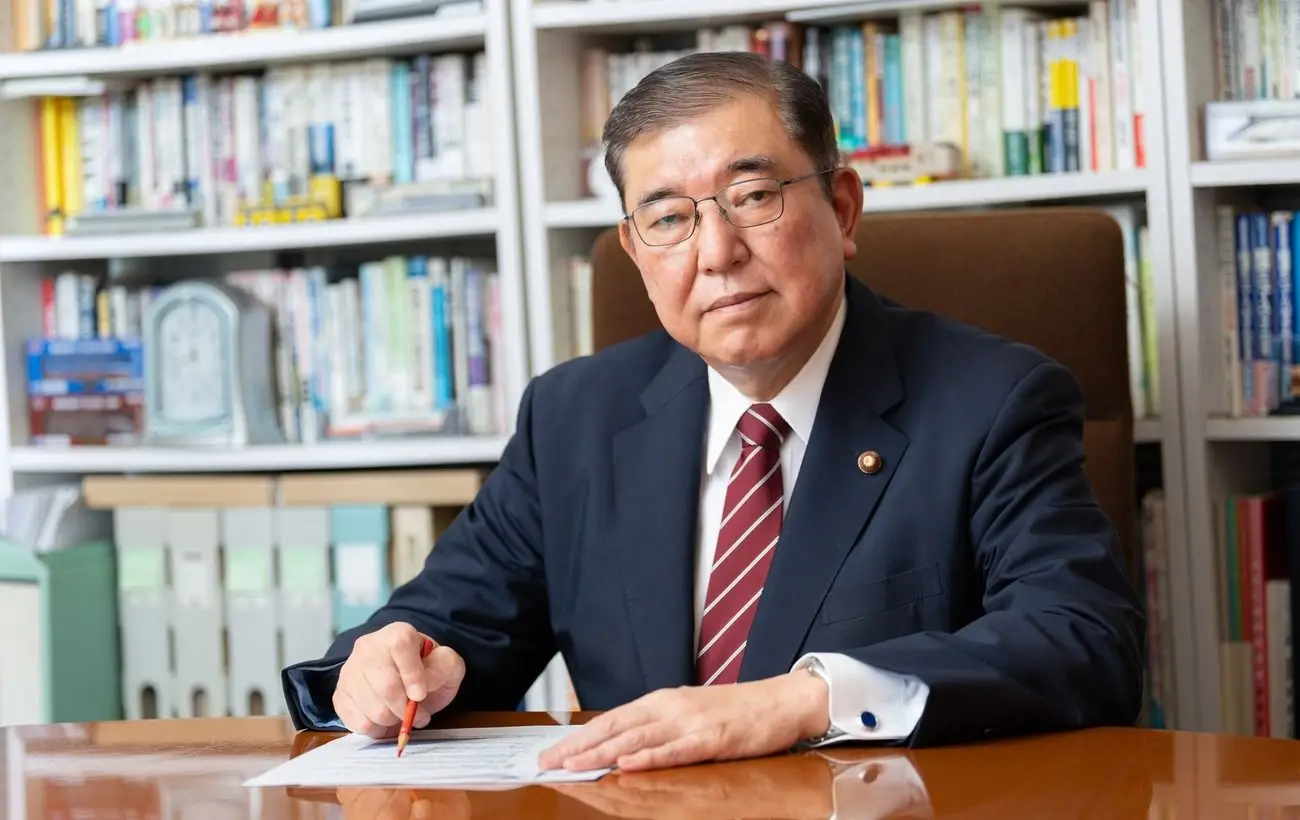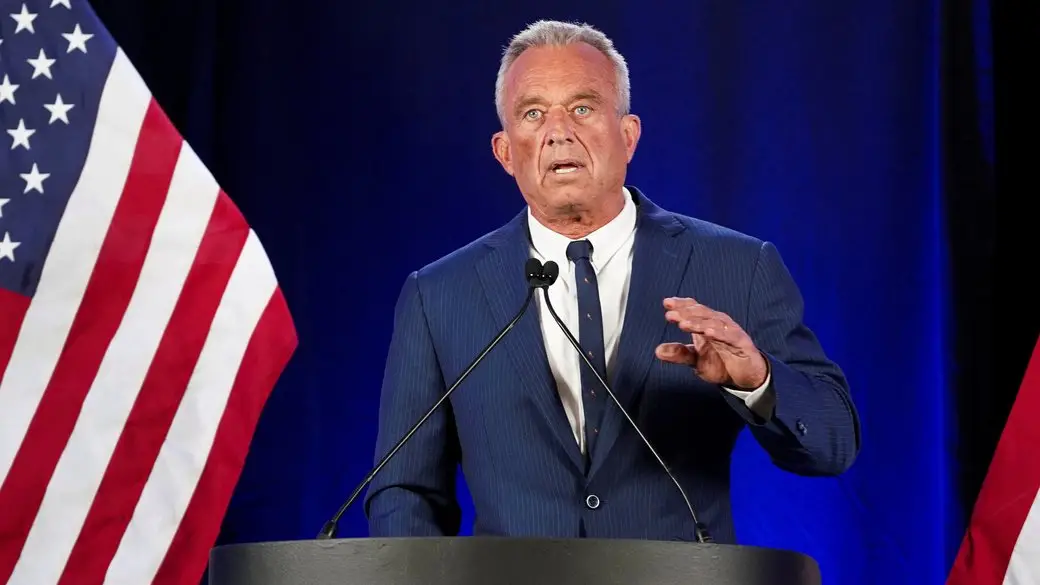Presidential elections were held in El Salvador, in which the current head of state won, contrary to the constitution

The country's citizens re-elected the president for the first time. Previously, this was prohibited by the Constitution
Nayib Bukele, the president of El Salvador, has declared himself the absolute winner of the presidential election held on Sunday. He said he received more than 85% of the vote, although official election results have not yet been released. Bukele, a 42-year-old leader, violated the constitutional ban on re-election, but claims to have received widespread popular support.
He is the first head of state in El Salvador to run for re-election since the end of the civil war in 1992. Bukele has held on to the parliamentary majority he won two years ago and has already declared a state of emergency in the country in 2022 to combat gang violence. According to preliminarily voting results, he retains his political position.
The New Ideas Party of Salvadoran President Nayib Bukele is expected to win almost all 60 seats in the legislature, further strengthening his control over the country. The President, declaring his victory, pointed out that the opposition was completely defeated. According to him, El Salvador has gone from being the most dangerous country to the safest, and he promises to implement ambitious plans over the next five years.
The success of New Ideas in the elections will give the president unprecedented power and the ability to revise El Salvador's constitution. Opponents are concerned that this could lead to the abolition of term limits.
Utilizing his widespread popularity, Bukele has emphasized his security strategy, which has included the suspension of civil liberties and the arrest of more than 75,000 people without charge. These measures have led to a sharp decline in the number of murders in the country and a significant change in its position as the world's most dangerous country, with a population of 6.3 million. Some experts doubt that mass arrests of 1% of the population will solve the problem eventually, but the president believes he needs full support to continue to confront the gangs.
Traditional parties such as the Farabundo Martí National Liberation Front (FMLN) and the National Republican Alliance (ARENA), which previously held power, are projected to receive less than 10% of support. Residents are once again rejecting traditional parties that have been characterized by decades of violence and corruption.
In 2019, Bukele came to power promising to end gang violence and rebuild the economy. Thanks to the support of his New Ideas party in the legislature, he has consolidated his control over the courts and state institutions. He has also recognized bitcoin as legal tender, drawing criticism from the International Monetary Fund (IMF).
Last year, El Salvador's Supreme Electoral Tribunal allowed him to run for a second term despite a constitutional ban. Opponents express fear that Bukele may seek to rule for life, reminiscent of President Daniel Ortega of Nicaragua. Although Bukele himself jokes about being called a dictator in the media, there are reasonable grounds for suspicion. February 2020 was a revelation of this. At a time when the parliament was still in opposition and did not plan to approve a $109 million loan from the Central American Bank for Economic Integration, Bukele dealt with the issue decisively. He ordered the military to surround the parliament building and not let anyone out, demanding only that the loan be approved.
However, having failed to obtain a quorum, the president, like Napoleon Bonaparte, who had crowned himself, sat down in the speaker's seat. Thus, he achieved his goal. After that, two state reforms took place: the number of municipalities was reduced from 262 to 44 and the size of the parliament from 84 to 60 deputies. Experts believe that such centralization of power or the construction of an administrative vertical could make it more difficult for new and small parties to enter the legislature.
If Bukele had followed the standard course of dictatorial rulers, he could have bypassed formal election procedures to retain power. In fact, he did, as the change in interpretation of the constitutional ban on re-election was made possible by a majority in parliament, which was approved by members of the Constitutional Chamber of the Supreme Court. The president formally went on vacation, handing over temporary control to another person. According to this understanding, if the term of the presidential powers has not been fully utilized, the ban on re-election does not apply. This is the logic that Bukele himself agreed with.
Although El Salvador has become a hostage to unresolved problems, it is happy to see no violence on the streets, a record presidential rating, and a slow economic recovery. The name of Bukele has become synonymous with "bukelism," a strategy of decisive action against street crime. When asked, "Is it worth it?" El Salvador's voters answer yes. And to the question, "What is more important: security or human rights?" - Salvadorans answer: "the former."












